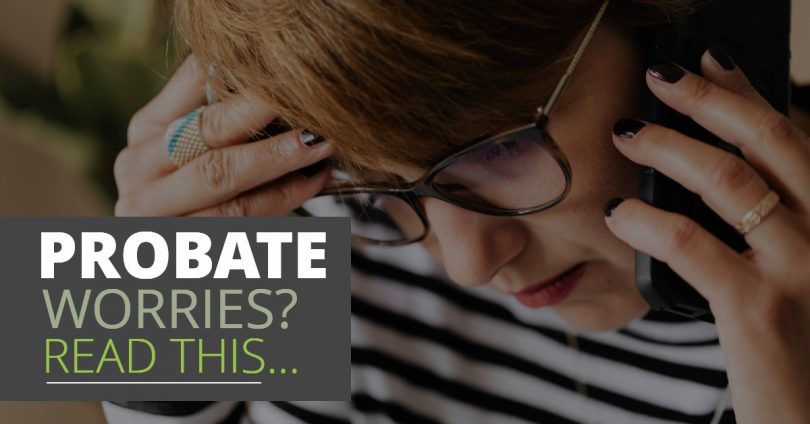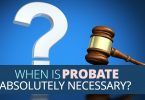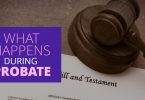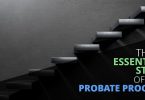Despite the popular belief that Probate is a dreaded process no-one wants to face, it can be an invaluable asset in making sure your estate passes on according to plan. With thoughtful planning and proper guidance, probate doesn’t have to feel like such bad luck after all!
Understanding the Concept of Probate
Probate is the process by which property ownership transfers following a person’s death. Through this crucial title proceeding, benefactors are identified and rightful heirs can take their place as owners of any assets that have been left behind.
Does a Last Will and Testament Exist?
When a will has been left by the decedent, it is filed with the relevant authorities and an executor appointed to manage affairs of the estate. Creditors as well as persons who have an interest in proceedings are further notified at this time to ensure fairness throughout the process. Should anyone wish to contest the terms set forth within such documents they must do so within established temporal boundaries for their voice be heard.
Challenging a will can be difficult, yet there are circumstances under which contestation is valid. These include lack of testamentary capacity – meaning the decedent was not aware or comprehending when signing the document; undue influence by another individual who may have pressured and manipulated them during creation; and improper execution due to discrepancies such as missing witnesses or disqualified persons present at signing.
When a person passes away without leaving behind a valid will, state law determines the rightful heir or heirs to their estate. The preference is typically given first to any children and further descendants of the decedent, followed by parents before finally looking toward siblings and other related parties. Though there are variations in different state laws regarding inheritance rights for spouses, most provide them with at least one third ownership stake in all assets left over after death.
Although some may assume that a surviving spouse automatically inherits all of the deceased’s property, this is not always true when children are involved. Jointly-owned assets will immediately pass to the living joint owner upon death; however, any other assets must usually be handled through probate court in order for heirs and creditors to make their claims. Contrary to popular belief though, if there is no will present—the property won’t go directly back into state ownership: rather it would remain with those closest related by blood or marriage.
Examining the Unfavorable Reputation of Probate
Probate has gained an unfavorable reputation due to the incurred professional fees. An executor and possibly advisors like attorneys or accountants are hired for the estate settlement process, each entitled to compensation for their services rendered. Such duties can extend far beyond probate itself; federal and state taxes must be accounted for in addition to other matters of importance on behalf of the deceased’s estate.
The charging structures for attorneys handling probate cases can differ from state to state in the US. In some states, attorneys may charge a percentage of the estate’s total value as their fee, while in others, they may charge an hourly rate or a flat fee.
It is important for individuals who are seeking an attorney to handle a probate case to understand the different fee structures that are permitted in their state and to discuss these arrangements with their chosen attorney before signing any contracts. This can help to ensure that both parties are in agreement about the expected fees and can help to avoid misunderstandings or disputes later on in the probate process.







